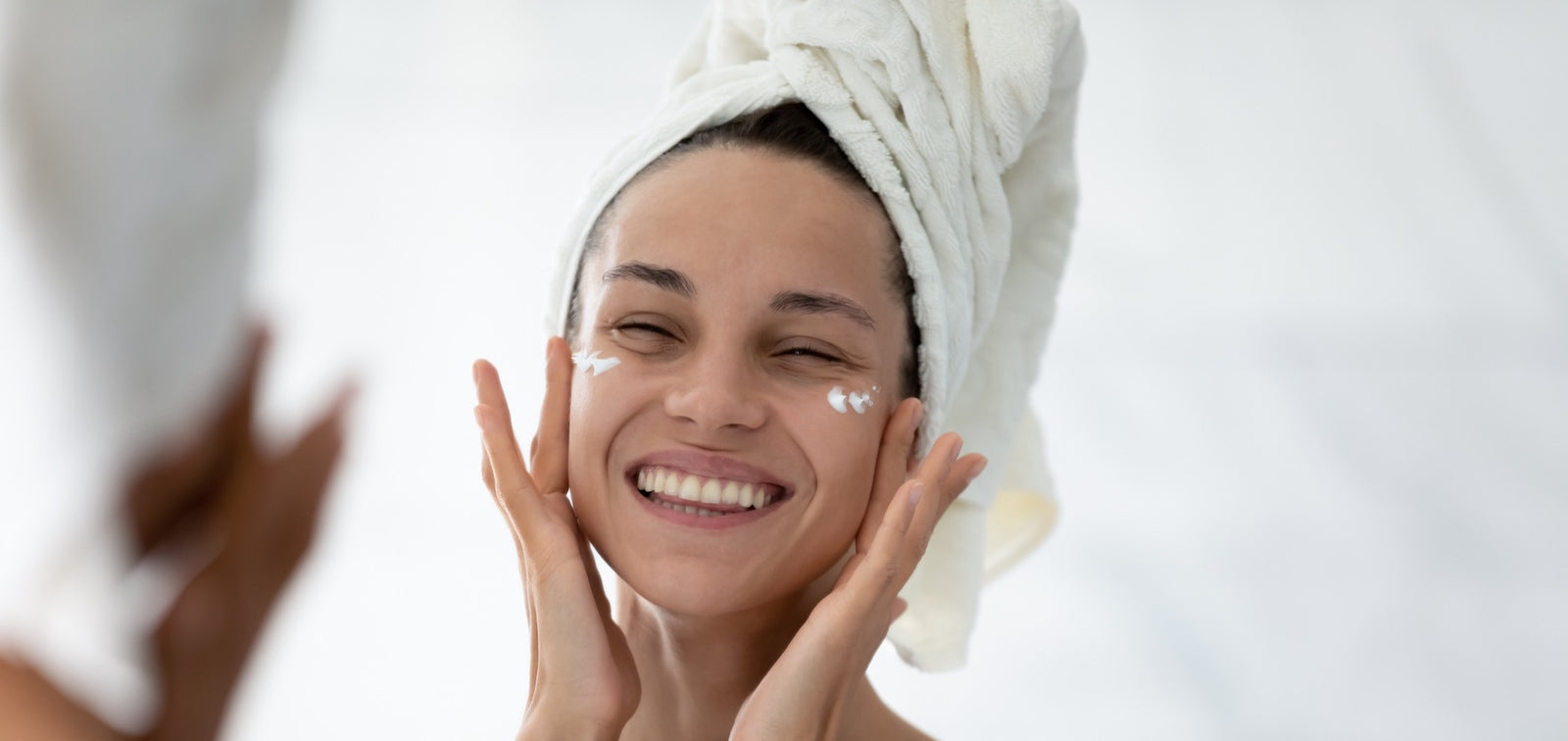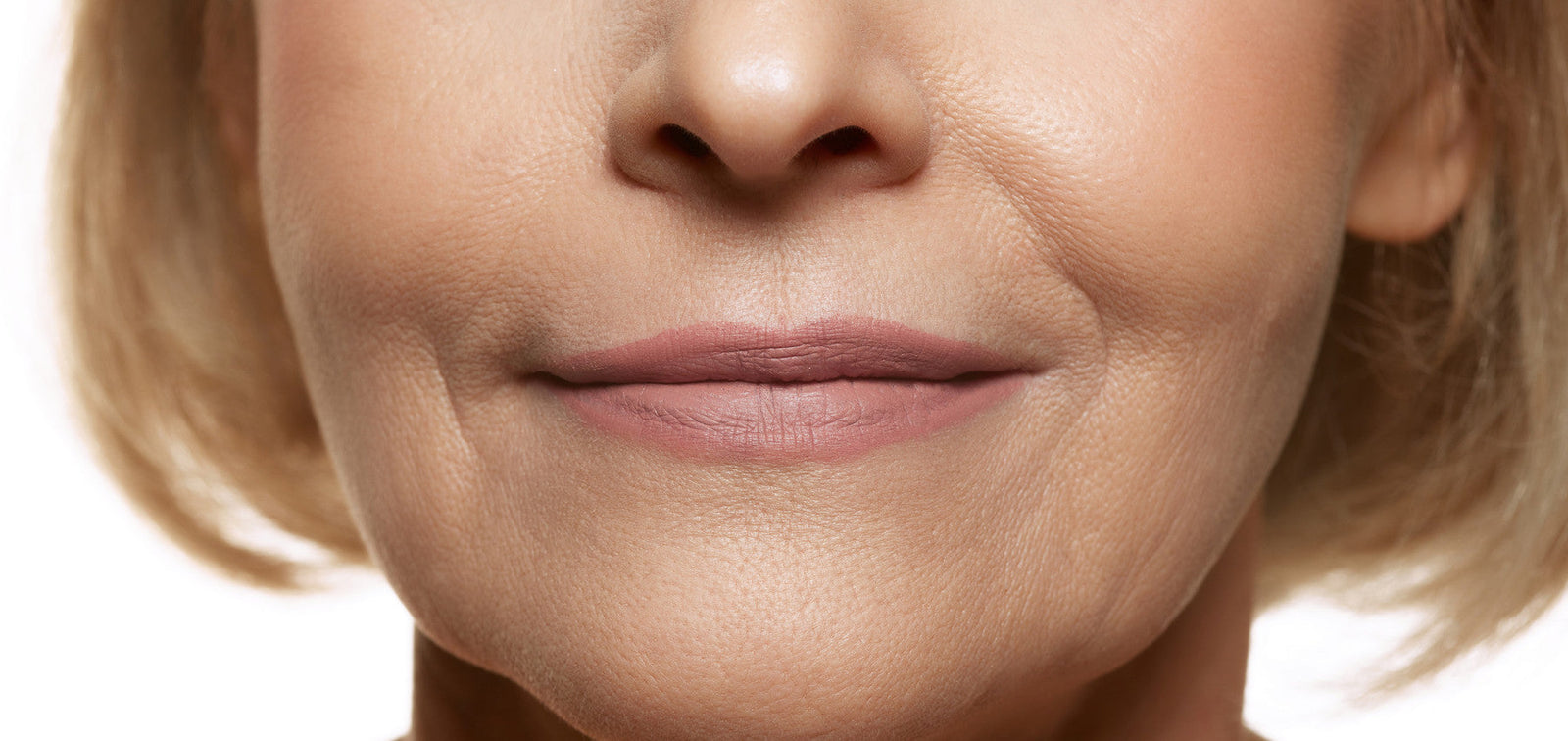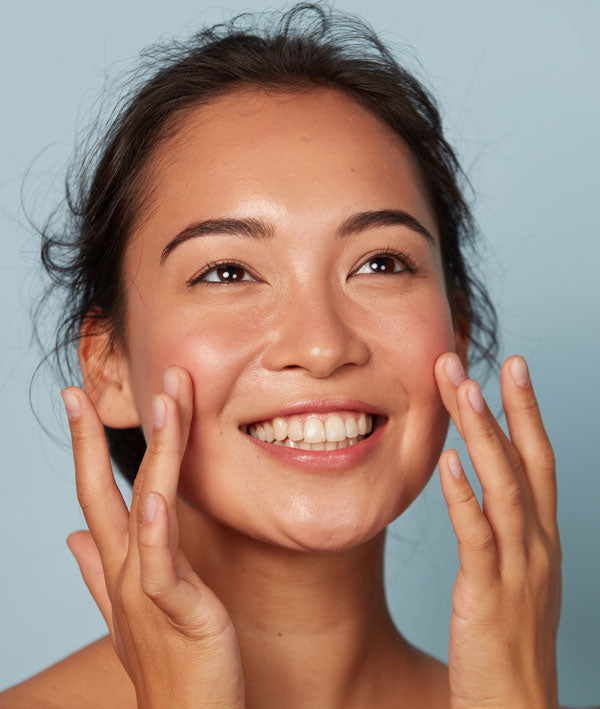The needs of our skin change from season to season. In the summer, you probably already know that slathering on sunscreen is an absolute must. However, there are other less obvious ways that you should be taking care of your complexion as the temperatures rise. To maintain a healthy complexion all summer long, you’ll need to make some changes to your routine to ensure your skin is getting the support that it needs.
Does Skin Change in the Summer?
The skin can go through some pretty noticeable changes as we transition from spring to summer. For those that live in a desert or mediterranean climate, the dry summer air can have a big impact on the skin. In these climates, the air has little to no humidity, which can leave the skin looking and feeling dehydrated.
Even if you live in a place that gets humid in the summer, your skin can still be affected – the change in the natural environment isn’t the only thing you should be worried about! During the summer, we also tend to crank up the air conditioning. Unfortunately, the AC isn’t too kind to our skin, as it removes natural water from the air – and as a result, dehydrates the skin.
Beyond the dry weather and the AC being on 24/7, there are other factors that can have an effect on the skin. Excess exposure to UV rays, for example, doesn’t only increase the risk of skin damage. It can also be harmful to the skin barrier, and can lead to dehydration. Additionally, if you’re a swimmer, both the salt from the ocean and the chlorine from the pool can dry out and aggravate the skin.
With all of this in mind, here are our recommendations for the skincare products you need to keep your complexion healthy, hydrated, and glowing all summer long.
Moisturizing Cleanser
The cleanser you use in the summer needs to be strong enough to wash away excess oil, sweat, sunscreen, and other debris. That said, it still needs to be gentle on the skin. Harsher formulas can end up stripping away natural moisture from the skin, when it’s already prone to being drier. This can leave the complexion feeling tight and aggravated.
This summer, reach for a mild cleanser that is made with moisturizing and hydrating ingredients, such as hyaluronic acid, ceramides, squalane, plant oils, and shea butter. These ingredients will replenish the skin as it is being cleansed, ensuring it feels balanced and refreshed after washing.
Hydrating Serums
A hydrating serum is one of the most effective tools you can use to mitigate the dehydrating effects of the summer elements. Serums are designed to target specific skin concerns using potent concentrations of active ingredients. With a hydrating serum, you can give your skin that extra hydration support to ensure it stays healthy through the summer.
One of the most effective hydrating ingredients is hyaluronic acid, which you’ll find in the Hyaluronic Pure Boost Serum. This gentle, lightweight serum uses the power of hyaluronic acid to draw water into the skin and lock it in, promoting a soft, supple, and well-hydrated complexion.
SPF
As we’ve already talked about, wearing sunscreen in the summer (and reapplying it throughout the day) is non-negotiable. At minimum, use a sunscreen with SPF 30 – although higher is better, especially when spending lots of time out in the sun. When you’re swimming or sweating, make sure you reach for a water-resistant formula.
When choosing a sunscreen, be sure to look for a formula that is specifically made for your skin type. For example, someone with oily skin will want to look for a lightweight, oil-free formula that won’t feel greasy on the skin. Meanwhile, someone with dry skin should look for a sunscreen infused with moisturizing ingredients.
Moisturizer
In the summertime, you’ll want to ensure you’re applying a moisturizer both morning and night to restore moisture and hydration levels. A moisturizer will also support skin barrier health, which is especially important given that the sun can take a toll on the barrier.
Just like with your sunscreen, seek out a formula that works for your skin type. Oilier skin will want to reach for an oil-free gel formula that feels light yet super hydrating, while drier skin can use a lightweight cream or gel-cream moisturizer.
Non-Drying Cosmetics
Finally, if you wear makeup, you’ll want to make sure the formulas you’re using on a daily basis aren’t drying out your skin. Some potentially harmful ingredients that you’ll want to avoid include fragrances, parabens, phthalates, and drying alcohols (such as ethanol, isopropyl alcohol, and benzyl alcohol).
While good skincare can mitigate the effects of drying makeup products to a degree, it is best to avoid using these cosmetics too frequently – especially when your skin is already prone to dryness in the summer.







